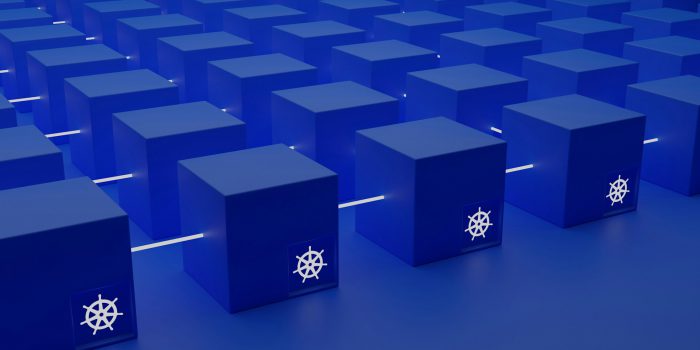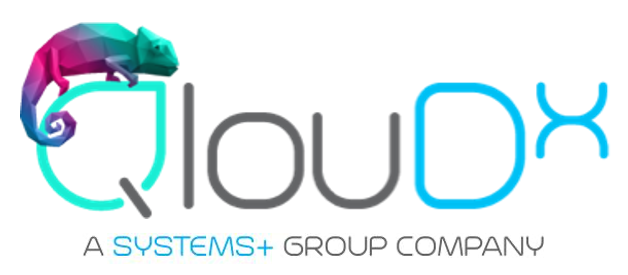Introduction As cloud infrastructure grows in complexity, maintaining security and compliance manually becomes not just tedious, but risky. That’s where Infrastructure as
Automating Deployment of Compliance Frameworks in AWS Using Native IaC Tools: Part 4

Reduce Inter-AZ Data Transfer Cost in Amazon EKS
Introduction Operating Amazon’s Elastic Kubernetes Service (EKS) at scale comes eith its own challenges. Having done this for several years now, we

Basic Kubernetes Resource Change Tracking using Metadata Managed Fields
Introduction There is often a need, especially while investigating an issue, to see the modification history of a Kubernetes resource. This article

Working with Cross-Account AWS IAM Roles for EKS Service Accounts (IRSA)
Introduction Amazon EKS ia a managed Kubernetes platform. If your app running in an EKS pod needs to access AWS services like

Balancing Karpenter Consolidation & Cluster Efficiency with Critical Workloads, using Kyverno Policies
Introduction Consider this scenario: You operate an Amazon EKS cluster hosting hundreds of microservices that make up a product suite. You have

Tracking Down a Rogue AWS API Caller in a Shared Amazon EKS Cluster
Introduction We build & maintain a number of Amazon EKS clusters, one for each environment: dev/test, perf, prod, etc. These are provided

Adopt Karpenter Consolidation without Disrupting Critical Workloads
Introduction Autoscaling in Kubernetes, particularly in cloud-hosted Kubernetes like Amazon EKS, comes in two flavors: Kubernetes cluster autoscaler is the go-to solution

From Disk Partitions in EC2/Linux to Pods in EKS/Kubernetes
Introduction In the dynamic world of containerized workloads orchestrated by Kubernetes, tracing issues back to their source can sometimes be tricky. Traditional

Identifying the Source of Network Traffic Originating from Amazon EKS Clusters
Introduction If you run workloads in Amazon EKS, you might have noticed a peculiar behavior: when apps in EKS pods communicate outbound






